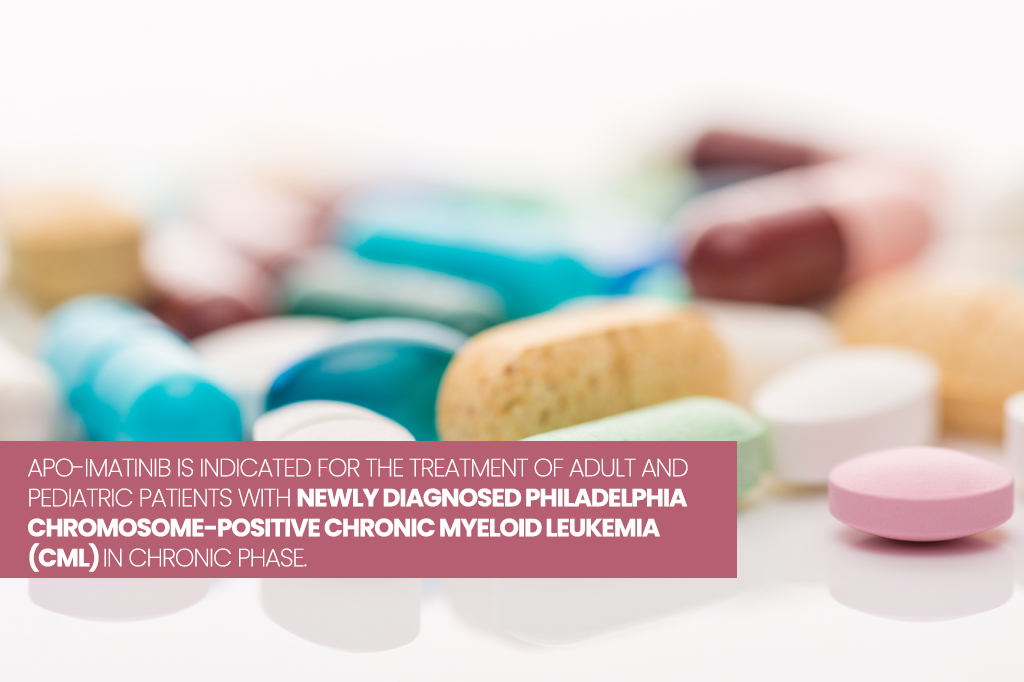10/12/20: Patient group takes fight for access to cystic fibrosis medicines to the UN Human Rights Council
Today is International Human Rights Day, the anniversary of the day the United Nations General Assembly adopted, in 1948, the Universal Declaration of Human Rights (UDHR). The UDHR is a milestone document that proclaims the inalienable rights which everyone is entitled to as a human being – regardless of race, colour, religion, sex, language, political or other opinion, national or social origin, property, birth or other status.
This year’s theme is Stand Up for Human Rights and that’s exactly what a campaign group called Vertex Save Us (VSU) www.vertexsaveus.org is doing for its membership, which is formed from a global coalition of patients and their families affected by the life-threatening and debilitating condition cystic fibrosis (CF). VSU has taken its battle for access to transformational drugs made by the manufacturer Vertex Pharmaceuticals to the Special Rapporteur for Health at the UN Human Rights High Council.
In an unprecedented move, the group has asserted in its complaint that the company is causing harm, through a prohibitive pricing and distribution strategy, that obstructs patient’s right to the highest attainable level of health for a condition which if left untreated has fatal consequences, and with not adhering to UN Guidelines for pharmaceutical companies behaviour in relation to access to medicines*.
VSU wrote publicly to Vertex last month highlighting six urgent cases of patients with life-threatening illness, whose lives it claims could be saved with treatment by the company’s CF drugs, and one who died after begging repeatedly for compassionate access to Trikafta (called Kaftrio in Europe). The drug is described as ‘a remarkable advance’ by ICER in USA** and has been shown to restore ‘near-normal’ health in a high percentage of CF patients, including those severely ill in ICU. However, due to excessive pricing Trikafta/Kaftrio is only reimbursed in USA, Germany, Denmark, Slovenia and the UK.
Trikafta is the fourth “modulator” drug for CF that Vertex has brought to market since 2012. The drugs improve function in the mutated gene that causes CF. A research team led by Dr. Lap-Chee Tsui at the Hospital for Sick Children and the University of Toronto discovered the CF gene in the 1980s, and included Dr Paul Quinton from California a CF sufferer himself and outspoken member of the VSU campaign. The Canadian CF Foundation and CF clinics in Canada identified many of the research subjects, from families in Canada. The families donated blood samples for the ground-breaking research. The Canadian CF Foundation, the Sellers Fund of Sick Kids, and the tax-funded National Institutes for Health (NIH) in the US, all supported the research financially.*** Patients have taken part in 40 of Vertex’s modulator clinical trials since 2008, helping the company bring its drugs to markets elsewhere, while not being able to routinely access any themselves****. Dr Quinton said last month that he is ‘saddened as he’s come to realise there are thousands of people worldwide..who cannot access the drug’ and he challenges Vertex to come up with plans to achieve global access ‘to avoid charges of extortion’.
The Canadian CF community has known its fair share of tragic CF deaths in recent times and relief and hope set in recently, when Vertex finally agreed to submit data for Trikafta to Health Canada, which in turn has vowed to fast track the application. This act will represent a crucial, but long overdue, next step for Canadian patients and their families, who have endured a painfully slow journey to accessing life changing CF medicines.
VSU asserts that the company’s ‘position to not supply affordable drugs to all and free drugs to those with immediately life-threatening CF, wherever they live, is morally indefensible – particularly in the light of Vertex having $6.2bn cash in the bank and being set to make $6bn+ in revenue from CF drugs worldwide this year alone… Vertex’s corporate strategy hinders the individual’s fundamental human right to the highest attainable standard of health and is contrary to UN Human Rights Guidelines for behaviour by Pharmaceutical companies in relation to Access to Medicines. In countries where Vertex has operated clinical trials it is a gross violation of the basic principles set down in the Helsinki Declaration. ’
VSU states ‘As a result, we are forced to take these cases, and those of many others, as a formal complaint to the UN Human Rights Special Procedures. The right to the highest attainable standard of health is a human right recognised in international human rights law. These rights include access to essential medicines, which in this case, is being obstructed by Vertex’s prohibitive pricing and distribution strategy.’
Contacts: info@vertexsaveus.org www.vertexsaveus.org Telephone: 00 44 (0) 7703 592589 Christina Walker
Background on CF: https://www.cff.org/What-is-CF/About-Cystic-Fibrosis/
* Human Rights Guidelines for Pharmaceutical Companies in relation to Access to Medicines Published in the
report to the General Assembly of the UN Special Rapporteur on the right to the highest attainable standard of health
(UN document: A/63/263, dated 11 August 2008).
**ICER report of Trikafta: ICER Issues Final Report and Policy Recommendations on Treatments for Cystic Fibrosis – ICER *** file:///C:/Users/Four%20Oaks/Downloads/Tsui.CF%20locus%20defined.Science.1985%20(1).pdf ****https://www.clinicaltrials.gov/ct2/results?lead=vertex&map_cntry=CA&draw=2&
rank=57#rowId56


